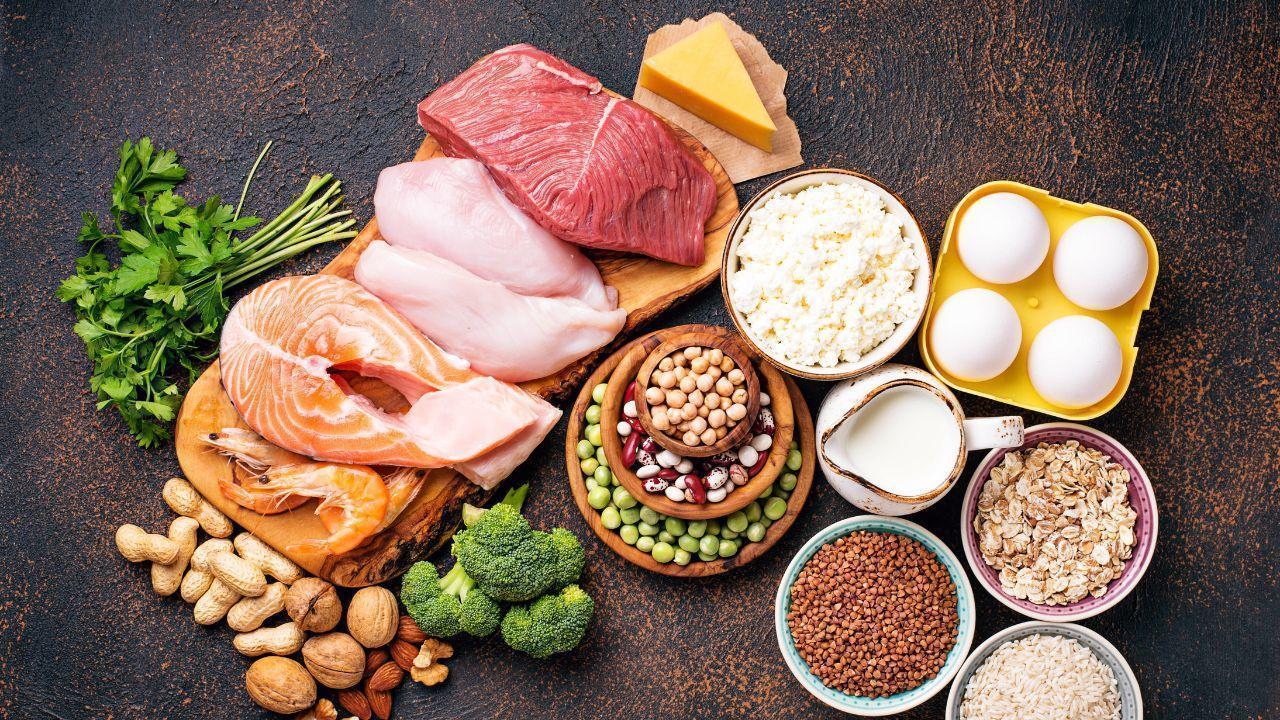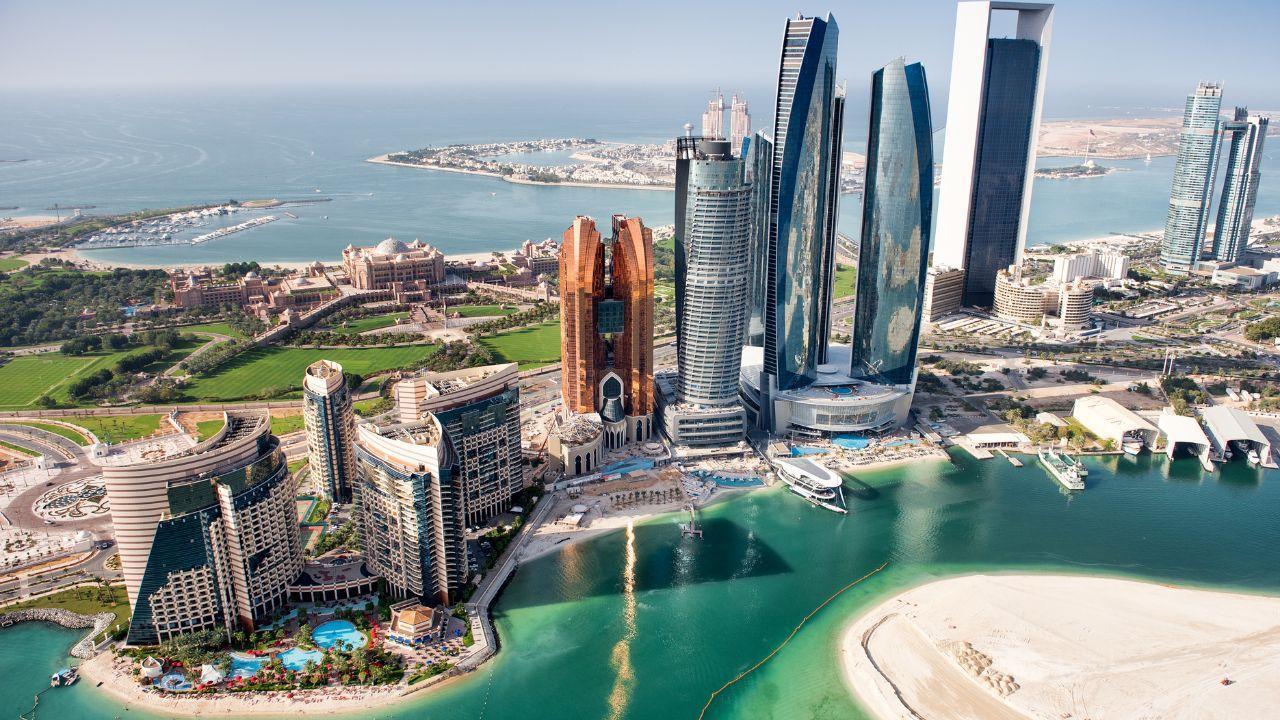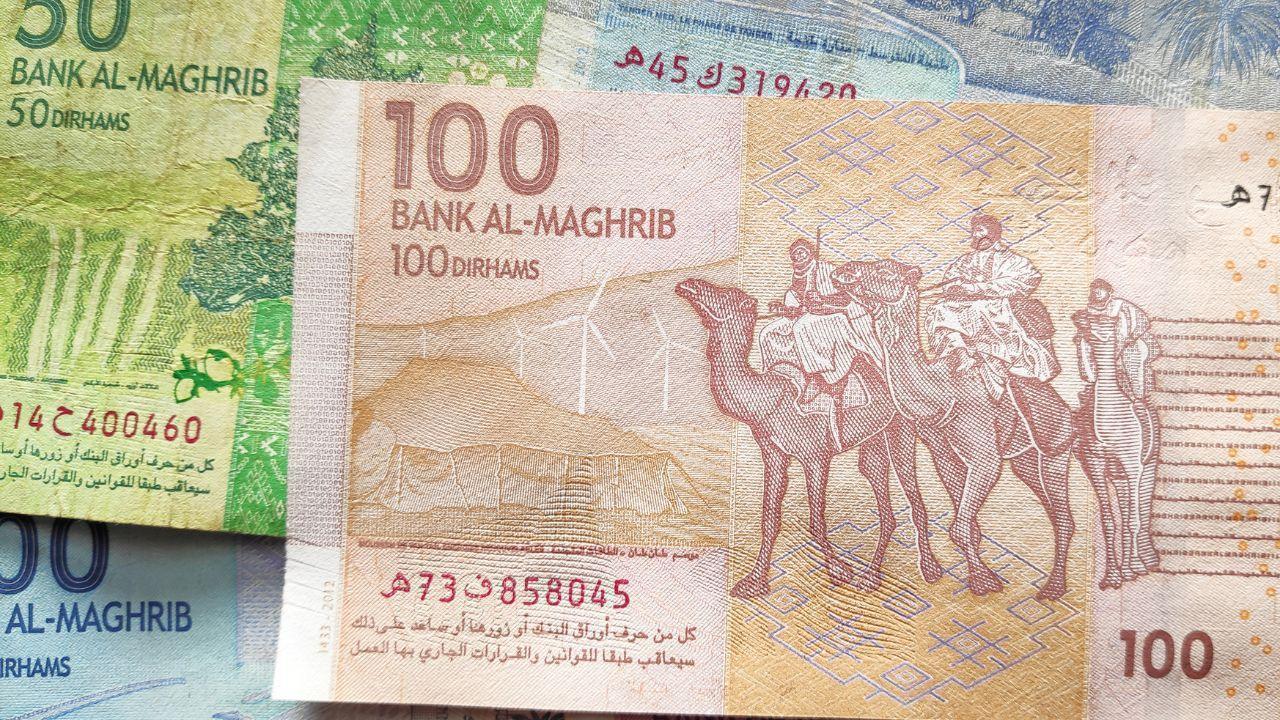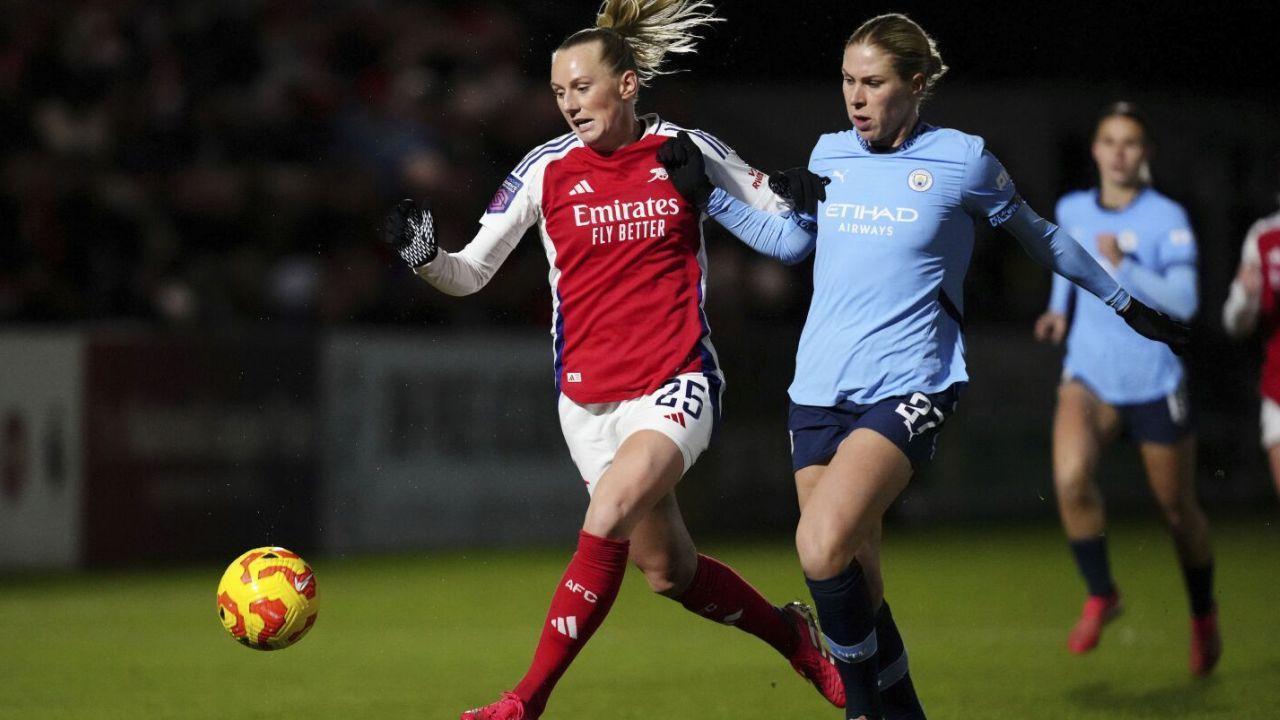
Post by: Vansh Kumar
Protein is an essential macronutrient that plays a vital role in building muscle, repairing tissues, and supporting overall health. But how much protein do you really need? Many people either overestimate or underestimate their daily intake. In this article, we will break down the truth about daily protein consumption, the best sources, and how to ensure you're getting the right amount for your body’s needs.
Why Is Protein Important?
Before diving into how much protein you should consume, let's understand why it’s crucial. Protein helps build and repair muscles, making it essential for athletes and fitness enthusiasts. It supports metabolism by increasing calorie burn and promoting fat loss. Proteins contribute to the production of enzymes and hormones that strengthen the immune system, and they also keep you full longer, reducing unnecessary cravings and overeating.
How Much Protein Do You Really Need?
The amount of protein a person needs depends on various factors, including age, activity level, and health goals. According to dietary guidelines, sedentary adults require 0.8 grams per kilogram of body weight, which translates to about 46 grams for women and 56 grams for men. Active individuals need between 1.2 to 2.0 grams per kilogram, while bodybuilders and athletes may require 1.6 to 2.4 grams per kilogram, depending on training intensity. Elderly individuals should aim for at least 1.2 grams per kilogram to prevent muscle loss. For example, if you weigh 70kg (154 lbs) and lead an active lifestyle, you should consume around 84-140g of protein daily.
Best Sources of Protein
To ensure you’re getting enough protein, focus on a variety of sources. Animal-based proteins include lean meats such as chicken, turkey, and beef, as well as fish like salmon, tuna, and mackerel. Eggs, dairy products such as Greek yogurt, cheese, and milk, and whey and casein protein supplements are also excellent options. For those following a plant-based diet, legumes like lentils, chickpeas, and black beans are great choices. Nuts and seeds such as almonds, chia seeds, and flaxseeds, along with whole grains like quinoa, brown rice, and oats, also provide good protein content. Soy products, including tofu, tempeh, and edamame, are excellent plant-based protein sources, and plant-based protein powders can help supplement intake when necessary.
Signs You Might Not Be Eating Enough Protein
If your diet lacks sufficient protein, your body will show signs of deficiency. Muscle loss and weakness can occur since protein is vital for muscle maintenance. Constant fatigue and low energy levels are common symptoms of inadequate protein intake. Slow recovery from injuries is another indicator, as protein plays a crucial role in tissue repair. Frequent hunger and cravings can arise because protein keeps you full, and a deficiency may lead to constant snacking. Additionally, brittle hair, nails, and skin issues can develop due to reduced collagen production, leading to hair thinning, weak nails, and dry skin.
How to Increase Your Daily Protein Intake
If you’re falling short on protein, there are several ways to boost your intake. Start your day with a protein-rich breakfast such as eggs, Greek yogurt, or a protein smoothie. Opt for healthy snacks like nuts, seeds, or a protein bar instead of processed snacks. Ensure every meal contains a protein source, whether it’s lean meats, legumes, or dairy products. Incorporate high-protein recipes into your diet, such as lentil soups, quinoa salads, or tofu stir-fries. If necessary, supplement your diet with protein shakes or powders to meet your daily protein goals.
Can You Eat Too Much Protein?
While protein is essential, excessive intake can have drawbacks. Consuming too much protein may strain the kidneys, particularly for individuals with preexisting kidney conditions. Overconsumption can also lead to digestive issues such as bloating, constipation, or diarrhea. Additionally, consuming more protein than needed may result in unnecessary caloric intake, which can contribute to weight gain if not balanced properly. The key is moderation. Stick to recommended levels and balance your diet with healthy carbohydrates and fats to maintain overall health.
Summary:
Protein is an essential macronutrient that supports muscle growth, tissue repair, metabolism, and overall health. The daily protein requirement varies based on factors such as age, activity level, and health goals. Sedentary adults need around 0.8 grams per kilogram of body weight, while active individuals and athletes require higher amounts. Good protein sources include lean meats, fish, dairy, eggs, legumes, nuts, seeds, and plant-based alternatives like tofu and quinoa. A deficiency in protein can lead to muscle loss, fatigue, slow recovery, and other health issues. To ensure adequate intake, include protein-rich meals and snacks in your diet. However, excessive protein consumption may cause kidney strain, digestive issues, and weight gain, emphasizing the importance of balance and moderation.
Disclaimer:
This article is for informational purposes only and does not constitute medical advice. Individual protein needs may vary based on personal health conditions and lifestyle. Consult a healthcare professional or registered dietitian before making significant dietary changes. DXB News Network is not responsible for any health-related outcomes resulting from the application of this information.
#trending #latest #ProteinHealth #NutritionTips #HealthyEating #MuscleBuilding #ProteinIntake #FitnessGoals #BalancedDiet #WellnessJourney #HighProteinFoods #EatSmart #breakingnews #worldnews #headlines #topstories #globalUpdate #dxbnewsnetwork #dxbnews #dxbdnn #dxbnewsnetworkdnn #bestnewschanneldubai #bestnewschannelUAE #bestnewschannelabudhabi #bestnewschannelajman #bestnewschannelofdubai #popularnewschanneldubai

Exploring the Rich Heritage of the UAE's Seven Emirates...Read More.

Discover how social media is reshaping celebrity culture today...Read More.














Chelsea Eliminate Man City to Reach Women’s Champions League Semis
Chelsea beat Man City 3-0, overturning a two-goal deficit to reach the Women’s Champions League semi

UAE Unveils New Dirham Symbol for Physical & Digital Currency
UAE Unveils New Dirham Symbol for Physical & Digital Currency

Create Studio Ghibli-Style Images with ChatGPT's New Tool
ChatGPT's new image generator is making waves online! Learn how to create Studio Ghibli-style images

US Robotics Firms Push for National Strategy – China Competition
US robotics companies call for a national strategy, tax breaks, and funding to compete with China in

Arsenal Reach Women's Champions League Semifinals After Big Win
Alessia Russo’s double leads Arsenal to a stunning 3-0 win over Real Madrid, overturning a two-goal